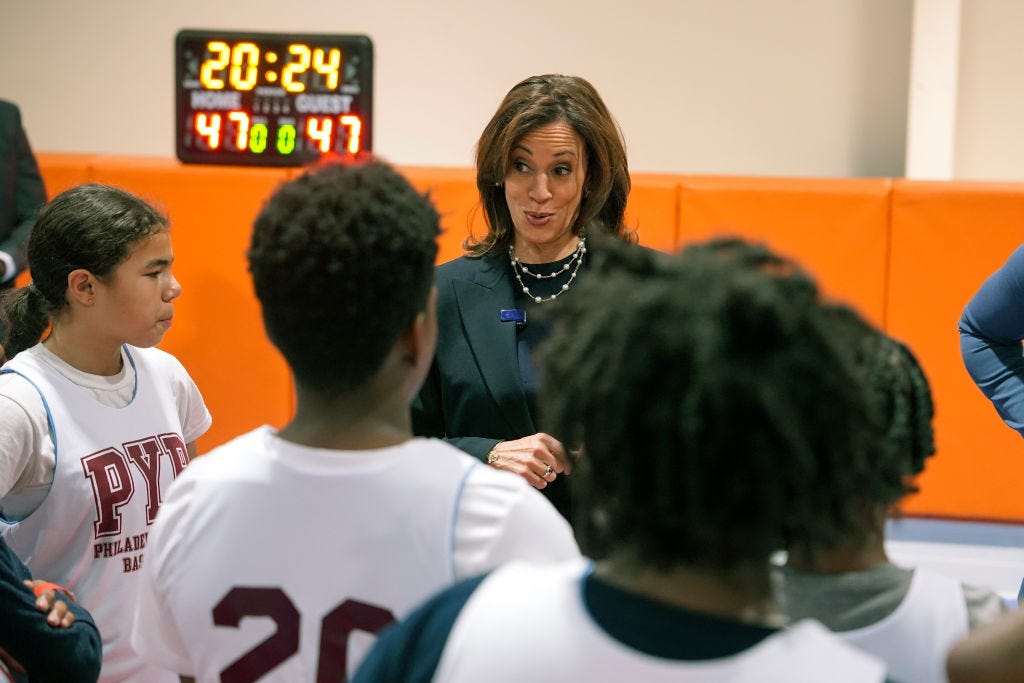Tonight, Kamala Harris shoots her "bank shot" to save democracy
How do you talk about the threat of fascism while also connecting to more immediate voter concerns? A primer
It’s closing argument time, and as Trump and his proxies have doubled down on the very worst of their fascist tendencies, Kamala Harris is set to make a very different kind of appeal to voters tonight. She is reportedly planning to talk not about democracy in the abstract, but about how and why a democratic future means one in which Americans have the f…



